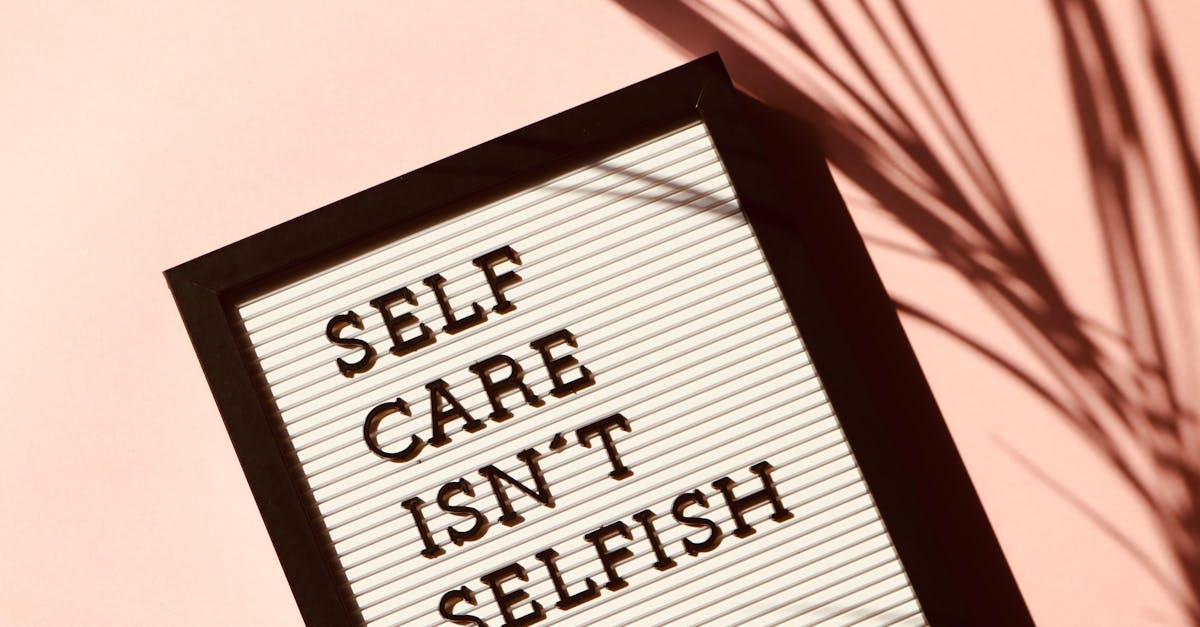“The practice of mindfulness means being aware of every moment in our lives,” says Thich Nhat Hanh, a renowned peace activist. Imagine the potential if you could harness this power for rehabilitation. Mindfulness in rehabilitation doesn’t just help with physical healing; it transforms your mental health recovery journey. You gain tools to handle emotions, reduce stress, and improve overall well-being. Whether you’re dealing with anxiety, depression, or addiction recovery, the right mindfulness techniques can make a difference.
Picture yourself using simple yet effective strategies to manage cravings, prevent relapse, and embrace self-compassion. Mindfulness meditation aids you in developing a strong presence and heightened awareness, two essential elements in rehabilitation strategies. These practices not only enhance emotional regulation but also offer relief from both physical and emotional pain. With mindfulness work, you gain control over your reactions, leading to healthier and more balanced outcomes.
Curious to learn more about incorporating mindfulness into your routine? Discover how you can apply mindfulness treatments to improve your rehabilitation therapy and make lasting changes in your life. Dive into the world of mindfulness meditation and experience the benefits firsthand.

Photo provided by Daniel Flores on Pexels
Within the article
Understanding Mindfulness Techniques
When you’re exploring mindfulness in rehabilitation, you have many techniques to try. Breathing exercises are a great start. They help you become aware of your breath and calm your mind. You can do this by taking slow, deep breaths in and out. Pay attention to the air going in and out of your lungs. It’s simple, but powerful.
Next, focus on a body scan meditation. With this, you lie down comfortably and slowly focus on each part of your body. Notice any sensations or tensions. This practice helps you connect with your body and relax.
Mindful walking is another effective technique. As you walk, pay attention to each step you take. Feel your feet touching the ground, the movement of your legs, and the air around you. This exercise keeps you grounded and present, enhancing your awareness during your daily strolls.

Photo provided by Natalie Goodwin on Pexels
Mindfulness Benefits in Healing
You may be wondering, what are the mindfulness benefits for recovery? There are several positive effects. First, mindfulness enhances your focus. When you practice being in the moment, you train your brain to concentrate better.
Mindfulness is also known to reduce stress levels. When you learn to stay calm and focus on the present, stress can’t take over easily. It’s like a shield against stressful thoughts.
Moreover, Mindfulness improves emotional health. By acknowledging your feelings without judgment, you can manage emotions better. This leads to a healthier mental state, vital for healing.

Photo provided by Madison Inouye on Pexels
Effective Rehabilitation Strategies
Let’s talk about how to integrate rehabilitation strategies with mindfulness. One way is to incorporate daily practices. Start your day with a few minutes of mindfulness meditation or mindful breathing. This sets a positive tone for the day.
You should also create supportive environments. Surround yourself with people who understand and support your mindfulness journey. A positive environment encourages you to stick with your practices.
Lastly, focus on individualized therapy. Everyone is different, so tailor your mindfulness practices to suit your personal needs and therapy goals. This makes your rehabilitation more effective and personalized.

Photo provided by Chevanon Photography on Pexels
Mindfulness in Rehabilitation Therapy
Incorporating mindfulness in rehabilitation improves therapy outcomes significantly. Boosting patient engagement is one of the main advantages. When you’re more present and aware, you participate actively in your therapy sessions.
Additionally, mindfulness facilitates mental health recovery. By staying grounded, you can work through emotional setbacks and progress faster in your healing process.

Photo provided by Kelvin Valerio on Pexels
Embracing Mindfulness in Rehabilitation
Adopting mindfulness in rehabilitation can lead to optimal recovery. One reason is that it builds resilience. Practicing mindfulness helps you handle setbacks without feeling overwhelmed. You learn to face challenges calmly and with ease.
Furthermore, mindfulness encourages a positive mindset. When you’re more aware of your thoughts and feelings, you can focus on the positives rather than dwelling on the negatives.
Overall, embracing these practices can be a game-changer. Whether through enhancing focus, reducing stress, or creating personalized strategies, mindfulness can empower your rehabilitation journey. So, why not give it a try?
Embrace a More Mindful Path
Incorporating mindful practices into your recovery journey brings numerous benefits. You can enjoy reduced stress and increased emotional awareness. This holistic approach offers a path to improved mental well-being and supports a healthier, more balanced lifestyle. It empowers you to manage cravings and emotions more effectively, fostering resilience and self-compassion.
Start by dedicating just a few minutes each day to meditation or mindfulness activities. Focus on being present in the moment and observe your thoughts without judgment. You can gradually increase your practice time as you become more comfortable. Explore different mindfulness techniques that resonate with you, and see how they fit into your routine.
Commit to taking the first step today. Choose a mindfulness technique to try and set aside a time to practice it. Your journey to enhanced recovery and well-being begins now, with these small but powerful steps. Embrace the change, and watch as it transforms your recovery experience.
